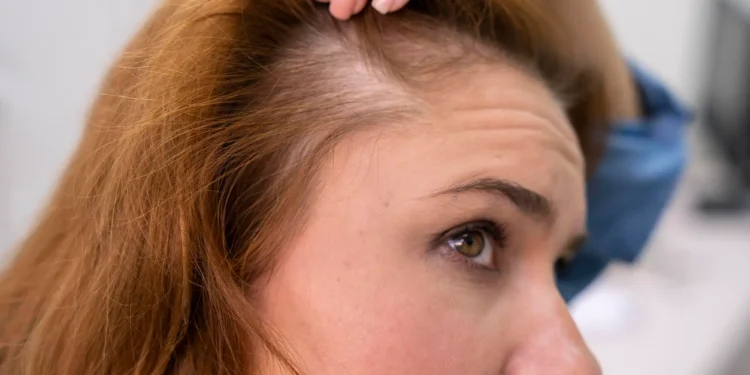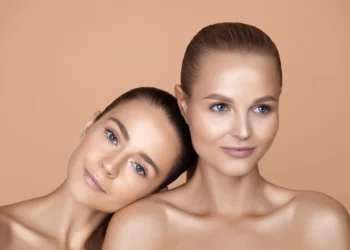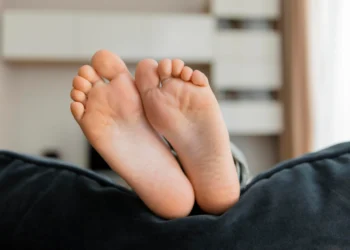We all experience hair loss, also known as hair fall, at some point in our lives. In many cases, a person might start to lose their hair due to stress and low confidence, more than the actual number of hairs falling. There can be many reasons for hair fall, from natural hair fall to various health and lifestyle issues. But, until these reasons are understood and you’re aware of the factors affecting hair, this problem can’t be solved. Hair fall can be managed and some factors can even be reversed for better hair and better hair health. So, let’s get into the main causes of hair fall and how to stop or reduce hair fall.
Why Do We Get Hair Fall?
Natural Hair Cycle:
Hair grows in cycles: first, there’s the growth (anagen) phase, followed by the rest (catagen) phase, and finally the shedding (telogen) phase. The average adult sheds between 50 and 100 hairs daily, but most of the time this is so imperceptible that people don’t even notice it: it’s perfectly normal for your hair cycle to be disrupted, or for too many hairs to be in the shedding phase.
Hormonal Changes:
He attributes this to hormonal shifts. Among the many causes of hair shedding, he lists pregnancy, menopause and thyroid conditions as times when hormones can shift. Hair growth is affected by hormones, so any disruption in hormone levels can cause the natural cycle to be shortened, and hair to fall out sooner than it should.
Stress and Anxiety:

Hair loss is a common reaction to emotional or physical stress. When you’re stressed, your body sends your hair follicles into a resting phase, and they come out a few months later. Anything that can upset the balance in your body and food supply, surgery, serious illness, or stress can cause ‘telogen effluvium’, sudden hair loss.
Poor Diet and Nutrition:
Healthy hair depends on vitamins A, C, D, E, and B vitamins, as well as zinc, iron, and protein; a diet low in these nutrients will leave your hair weak, failing to grow and falling out in clumps. If you don’t take in enough protein or experience an iron deficiency, your hair will get thin, or start shedding.
Improper Hair Care:
The use of harsh chemicals if repeatedly used (eg, to tint hair) will weaken the hair. Frequent dyeing and excessive use of heat styling can damage your hair. Over time, the structure of the hair shaft can be permanently damaged, which causes the hair to appear brittle and more likely to break off. Some hairstyles will also put traction on the hair, causing hair loss: this includes ponytails or any other style where the hair is pulled back and tightened (eg, cornrows, plaits).
Genetics:
Genetics also contribute towards hair loss, particularly in male and female pattern baldness, which is often caused by a hormone called dihydrotestosterone and, if hair loss runs in your family, you are more likely to inherit it. This kind of loss tends to be slow and the hair loss is hard to reverse but can be slowed down by treatment.
Health Conditions:
Other problems such as scalp infections (for example, ringworm), autoimmune disorders (such as alopecia areata or lupus), or diabetes can cause hair loss, and treating the underlying problem may, in fact, improve hair wellness.
How to Stop or Reduce Hair Loss
Healthy Diet:

A balanced diet containing a variety of nutrients helps maintain the condition of your hair and scalp. This can easily reduce your hair loss. Make sure your diet contains adequate protein since hair is composed of the protein keratin. A nutritious diet should include lean meats, beans, eggs, and dairy products. Foods that are especially high in vitamins and minerals, such as leafy green vegetables, nuts, and fruits, are great for promoting thick, healthy hair and may help minimize shedding.
Regular Scalp Care:
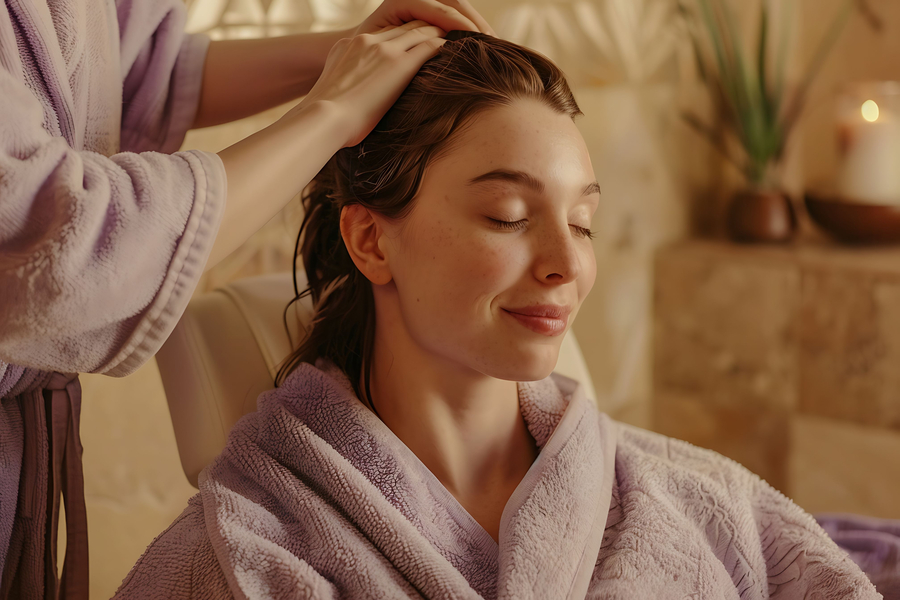
Keeps your scalp healthy which will give your hair the strength to grow even better. Use your fingertips to massage your scalp while you wash your hair. This will help in improving the circulation in the scalp. Massaging your scalp can help the hair follicles grow again. Make sure you don’t use very hot water while washing your hair as it will defeat the purpose of washing your hair, leaving it dry and brittle.
Use Mild Hair Products:
Use a mild, chemical-free shampoo and conditioner (which contain no sulfates, parabens or alcohol) to avoid stripping away the natural oils in your hair that help keep it hydrated and strong. Where possible, purchase products that are designed to reduce hair fall or strengthen hair. Natural oils such as coconut or argan oil are also helpful for nourishing hair.
Reduce Heat and Styling Damage:
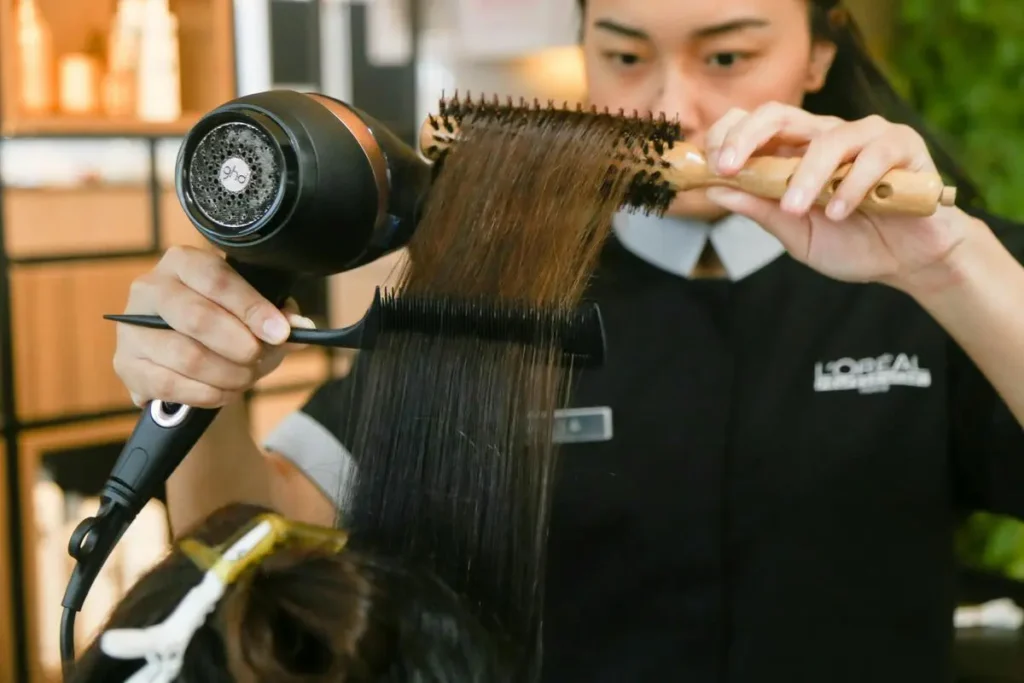
The heat from straighteners, curlers, and blow-dryers can be too harsh on your hair. Let your hair dry naturally as much as possible, and if you do use heat, apply a heat protectant spray before you use styling tools. If you limit heat-styling, you’ll limit the stress on the hair fibres and, by doing so, breakage.
Manage Stress:
Simple relaxation measures (such as meditation, yoga or deep breathing exercises), as well as regular exercise (for instance, walking or cycling), can help to regulate stress levels. Reducing stress hormones can in turn decrease states of high anxiety, which contribute to hair loss.
Avoid Tight Hairstyles:
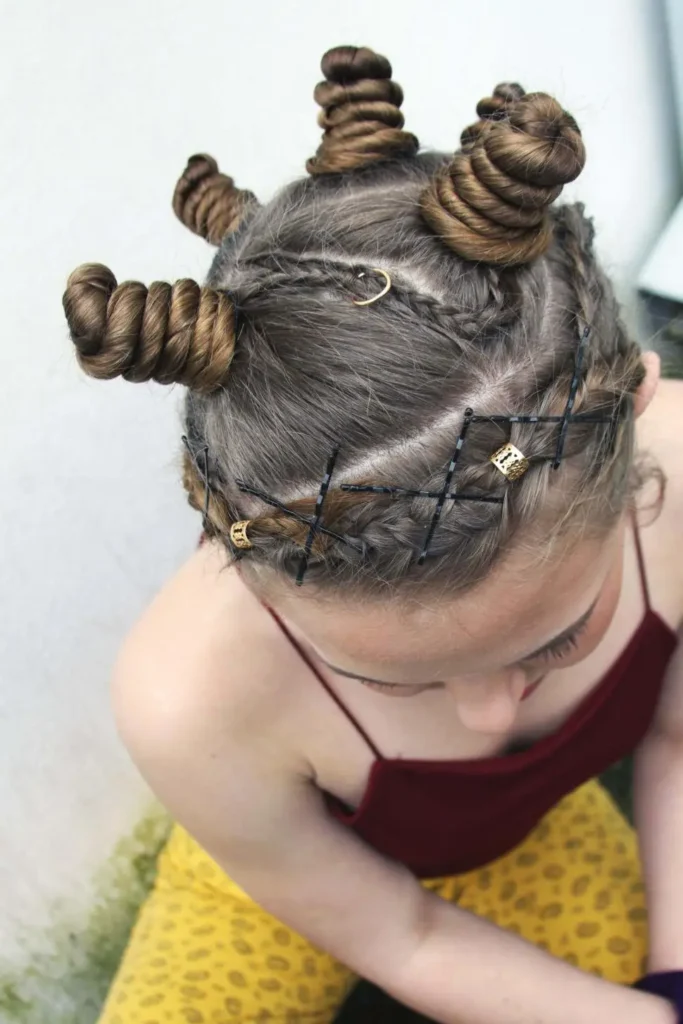
Tight hairstyles such as ponytails, braids and buns can also damage the scalp by pulling on hair roots, so try to keep your hair loose more often, or opt for looser, softer styles.
Get Enough Sleep:
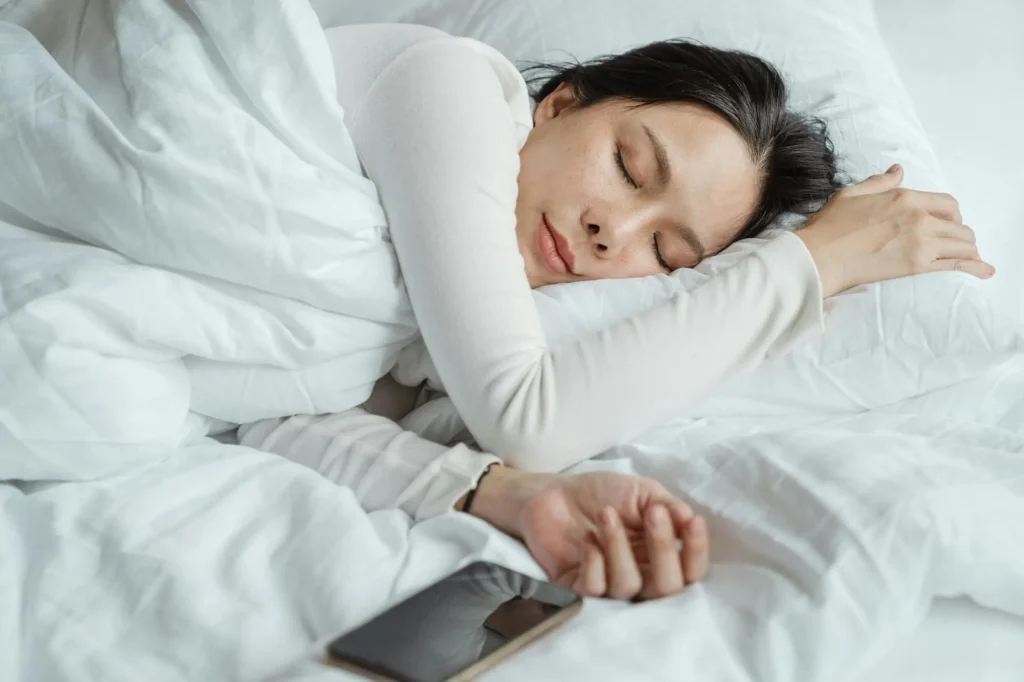
Good sleep is a key factor in helping you achieve good health and also helps to promote hair growth. When you sleep, your body rests and repairs, helping it grow hair and keep your stress levels down. Getting 7-8 hours of sleep each night will ensure that your body’s growth processes are functioning at their best.
Consider Supplements:
In case you are not taking in sufficient nutrients from your diet, supplements such as biotin, zinc and iron may help hair growth. Still, one should better consult a healthcare provider first to make sure whether it is safe and proper to take the supplement or not.
Seek Medical Advice:
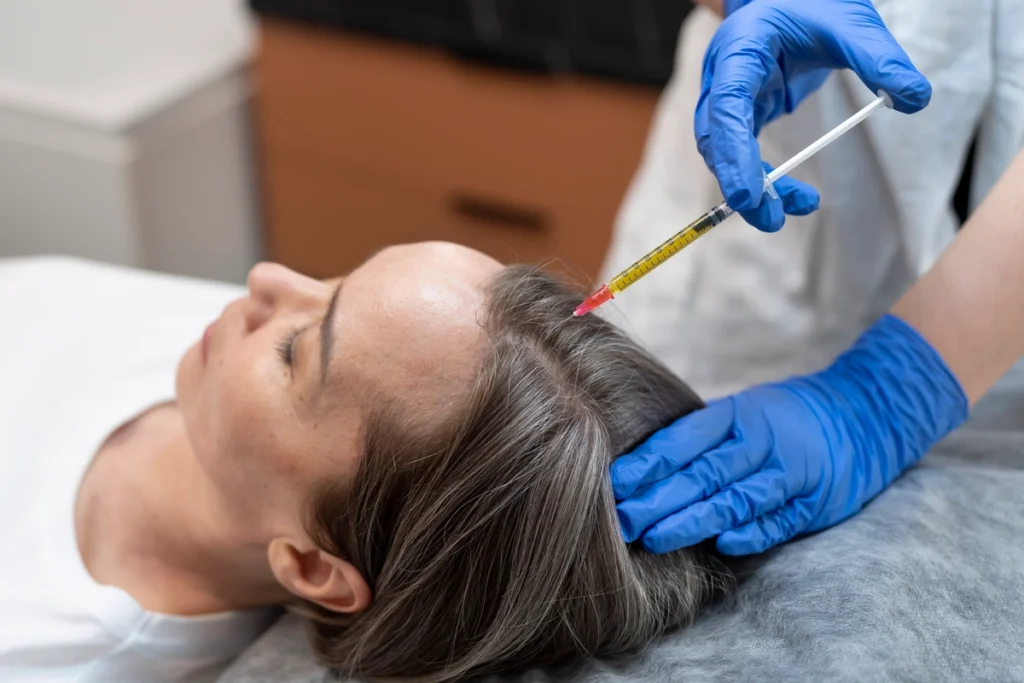
If lifestyle changes do not stop hair loss, a doctor or dermatologist can check for systemic issues, such as thyroid disorders or hormonal imbalances, with tests. Further treatments could include various kinds of medication, laser therapy or, in some cases, surgery requiring a hair transplant.
Losing your hair can be difficult, but a little understanding of what’s going on and taking small, consistent steps can sometimes be enough to create significant changes to a hair-fall regimen. A good diet, correct hair-care techniques, reducing stress and avoiding damage from styling tools can all help keep hair stronger and reduce fall. If the fall continues past that, seeing a doctor can help to assess for deeper problems, and bring you more peace of mind and possibly new solutions to help keep your hair healthy and full.
